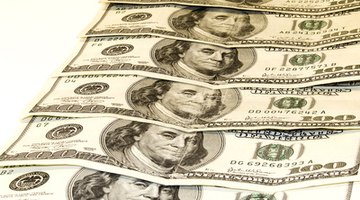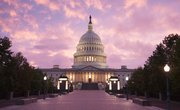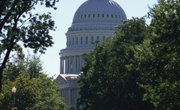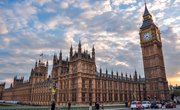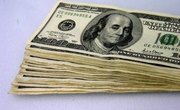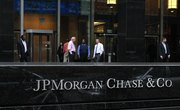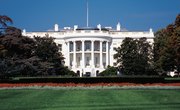Central banking systems are an important part of the economy responsible for regulating the money supply, controlling interest rates and looking after the overall banking system of the country. The United States central banking system is known as the Federal Reserve Bank and it endeavors to keep the financial structure of the U.S. stable and sound.
History
The Federal Reserve was created by Congress in 1913 with President Woodrow Wilson's signing of the Federal Reserve Act. The Federal Reserve Bank was intended to provide greater supervision, elasticity and liquid currency. Since that time the Federal Reserve has been given greater autonomy and power by various acts passed by Congress, so it has become an independent central bank whose decisions do not have to be ratified by the President.
Significance
The Federal Reserve Bank is responsible for many important banking decisions affecting the U.S. economy. The Federal Reserve decides how much currency is circulated into the country each year, which can affect the value of money. The Federal Reserve determines interest rates that affect any individual or organization seeking new loans or refinancing existing loans.
Geography
There are 12 Federal Reserve District Banks in the U.S. Each bank is in charge of their district, which includes multiple states. Banks are located in Boston, New York, Philadelphia, Cleveland, Richmond, Atlanta, Chicago, St. Louis, Minneapolis, Kansas City, Dallas and San Francisco. Each individual living in the U.S. is part of one of these Federal Reserve Banking Districts, which ultimately provides federal funds to state and local banks.
Other Considerations
The Federal Reserve is run by a board of governors in Washington D.C. and the 12 regional Federal Reserve Banks. Together, they share responsibility for supervising the U.S. banking system ensuring banking regulations are being enforced. The Federal Open Market Committee (FOMC) is made up of the board of governors, the president of the New York bank and presidents of four other regional banks. The FOMC is responsible for watching conditions in the open market which can lead to the committee making changes in banking and credit rates.

